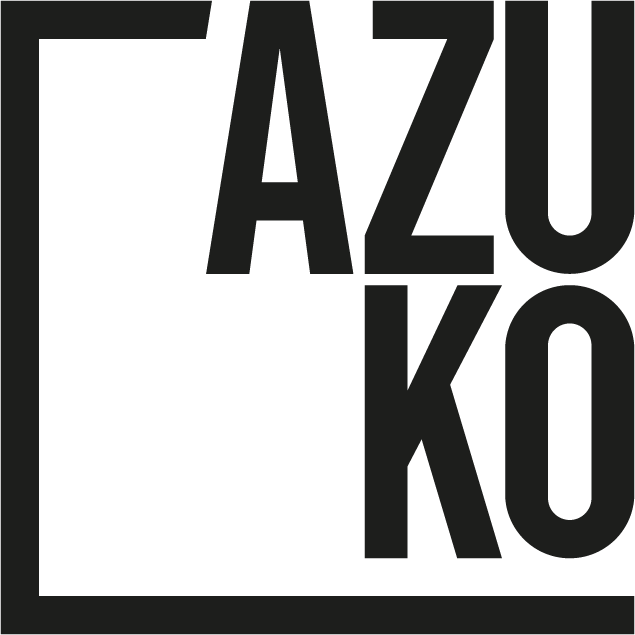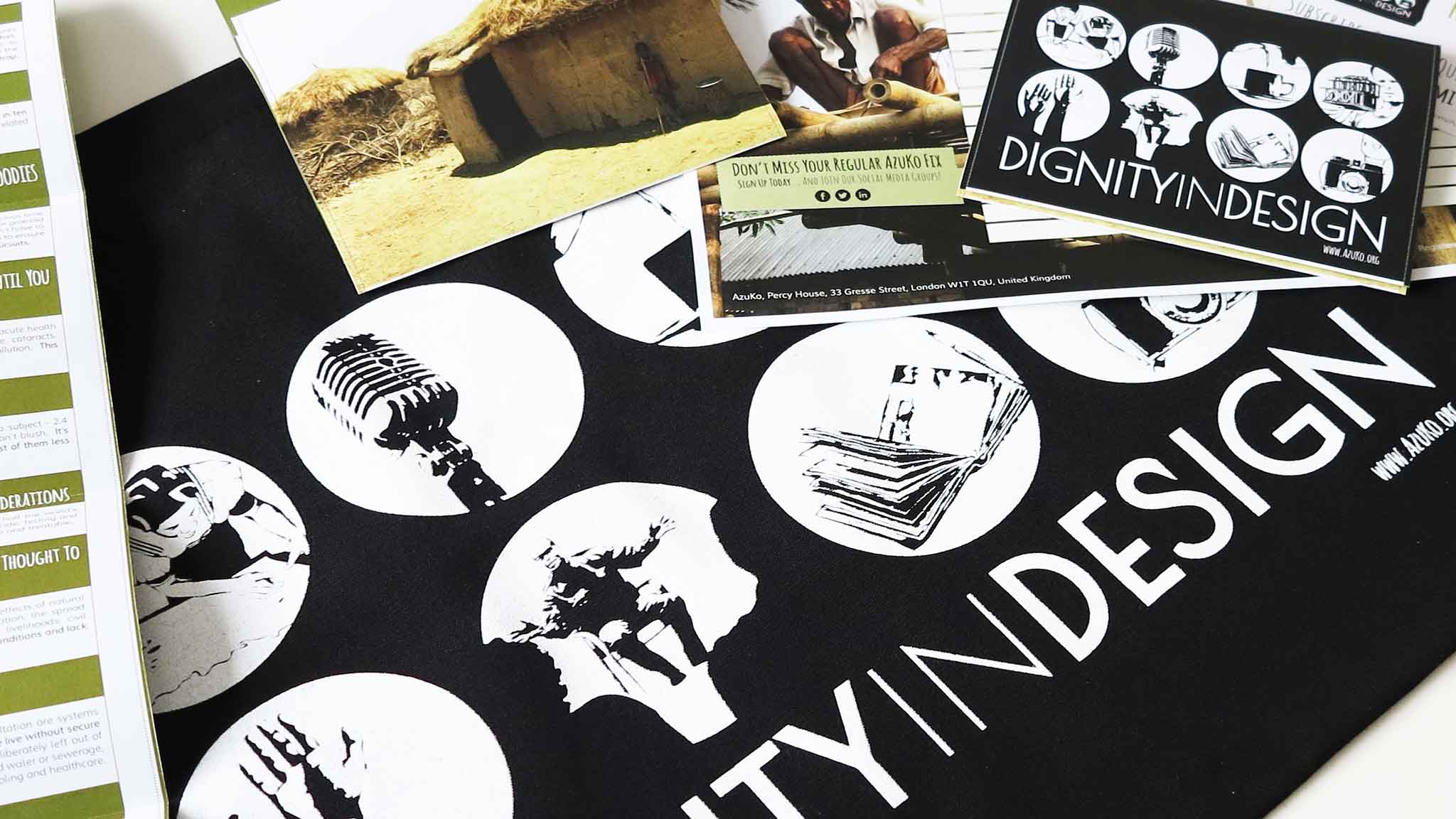AzuKo hosted a stall during this year’s International Development Society (IDS) conference, ‘Looking Back, Moving Forward’ at Newcastle University. IDS is an entirely student led organisation which aims to raise awareness of global issues and ensure they remain on the university and public agenda. The focus was on Millennium Development Goal achievements and the next steps for poverty, health, equality and sustainability...
There was a lot of interest in our promotional material and it was equally fascinating to hear the experience of other NGOs including Engineers Without Borders UK, Greenpeace, International Voluntary Service, Christian Aid, FairTrade, Positive Money and Volunteer West Africa. The eight Millennium Development Goals (MDGs) "form a blueprint agreed to by all the world’s countries and leading development institutions. They have galvanized unprecedented efforts to meet the needs of the world’s poorest." - United Nations
In the latest report, Ban Ki-moon, UN Secretary-General states that,
“the MDGs have made a profound difference in people’s lives. Global poverty has been halved five years ahead of the 2015 timeframe…
but more needs to be done to accelerate progress. We need bolder and focused action where significant gaps and disparities exist. Member States are now fully engaged in discussions to define Sustainable Development Goals (SDGs), which will serve as the core of a universal post-2015 development agenda.”
One of the highlights of the event was Sophie Verbis' lecture, ‘The SDGs and Post 2015 Debate - the Current Stand on Education'. Sophie (from GIZ) outlined the progress of the Open Working Group, with a particular focus on education. One of the key elements of the SDGs is the three year inclusive process employed to develop the goals which are designed to leave no unfinished business - everything should be complete by 2030 and the targets should be specific.
Currently, the Open Working Group proposal is for 17 main goals (goal 11 - make cities and human settlements inclusive, safe, resilient and sustainable), further subdivided into measurable aims. Within these goals, specific and measurable targets are proposed such as:
By 2030, eradicate extreme poverty for all people everywhere, currently measured as people living on less than $1.25 a day
By 2030, increase by [x] percent the number of youth and adults who have relevant skills, including technical and vocational skills, for employment, decent jobs and entrepreneurship
By 2030, ensure access for all to adequate, safe and affordable housing and basic services and upgrade slums
Support least developed countries, including through financial and technical assistance, in building sustainable and resilient buildings utilising local materials
Monitoring, transparency and evaluation are given more weight within the MDGs, although it has not yet been specified who will monitor them and, if countries don’t comply, what are the consequences? Another criticism rests on targets which focus on quantity (x%) rather than quality. Typically funding streams demand these performance based objectives. In Tanzania for example, health visits reached the 100% target yet each visit lasted only two minutes. The focus remained on quantity and outputs, not the quality or outcomes for people. This raises the question as to whether we are setting ourselves up for failure in 2030?
We should be measuring what is valuable rather than valuing what is measurable.
Other key speakers included Konstantinos ‘Kostas’ Kazakos, Research Associate in the Digital Interaction Group at Culture Lab and Sugata Mitra, Professor of Educational Technology at the School of Education, Communication and Language Sciences who beamed in from Delhi to discuss Self Organised Learning Environments.
It was a jam packed weekend and I'd thoroughly recommend signing up to next year's event!
Author: C. Russell


